war
-
 Anionic polyacrylamide, commonly referred to as anionic PAM, is a substance widely recognized for itAkhri wax dheeraad ah
Anionic polyacrylamide, commonly referred to as anionic PAM, is a substance widely recognized for itAkhri wax dheeraad ah -
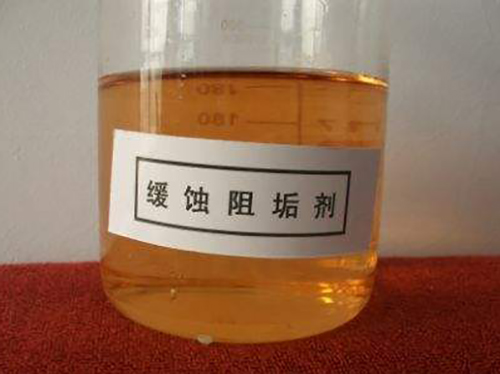 Amphoteric polyacrylamide represents a breakthrough in polymer technology, offering dual functionaliAkhri wax dheeraad ah
Amphoteric polyacrylamide represents a breakthrough in polymer technology, offering dual functionaliAkhri wax dheeraad ah -
 The world of water treatment is ever-evolving, particularly when it comes to utilizing polyacrylamidAkhri wax dheeraad ah
The world of water treatment is ever-evolving, particularly when it comes to utilizing polyacrylamidAkhri wax dheeraad ah -
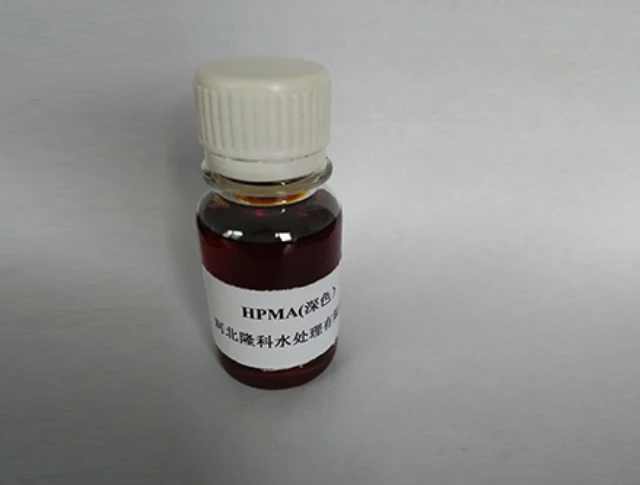
Akhri wax dheeraad ah -
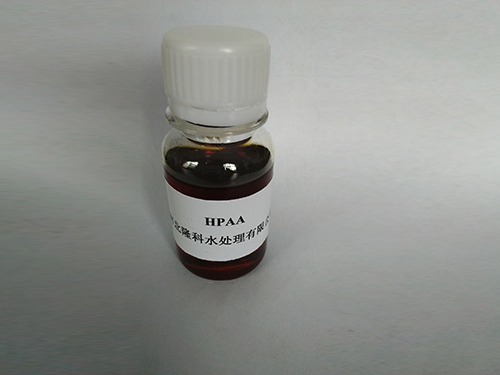 Non-ionic polyacrylamide (PAM) is gaining increasing recognition as a vital tool across various induAkhri wax dheeraad ah
Non-ionic polyacrylamide (PAM) is gaining increasing recognition as a vital tool across various induAkhri wax dheeraad ah -
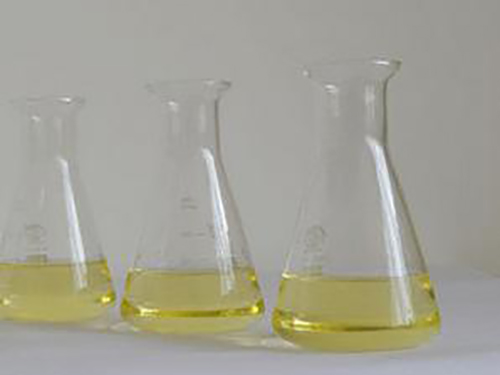 Nonionic polyacrylamide (NPAM) is a versatile and essential polymer in various industries due to itsAkhri wax dheeraad ah
Nonionic polyacrylamide (NPAM) is a versatile and essential polymer in various industries due to itsAkhri wax dheeraad ah -
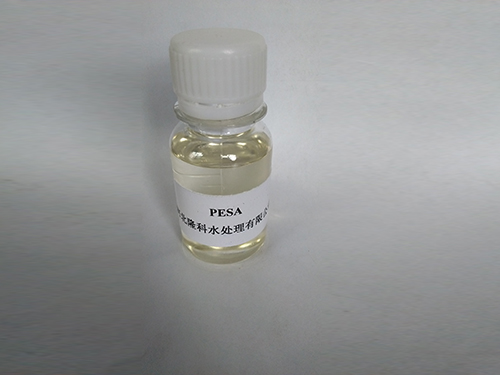 Cationic Polyacrylamide (PAM) is garnering attention in various industries for its diverse applicatiAkhri wax dheeraad ah
Cationic Polyacrylamide (PAM) is garnering attention in various industries for its diverse applicatiAkhri wax dheeraad ah -
 In recent years, the demand for clean and safe water has skyrocketed, placing the spotlight on advanAkhri wax dheeraad ah
In recent years, the demand for clean and safe water has skyrocketed, placing the spotlight on advanAkhri wax dheeraad ah -
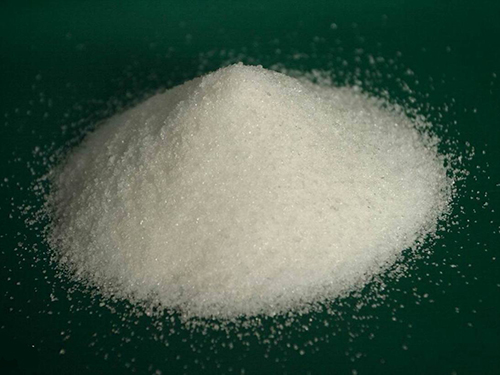 Polyacrylamide flocculants have gained significant attention in the realm of water treatment due toAkhri wax dheeraad ah
Polyacrylamide flocculants have gained significant attention in the realm of water treatment due toAkhri wax dheeraad ah -
 Pam flocculants are an integral part of water treatment processes across various industries rangingAkhri wax dheeraad ah
Pam flocculants are an integral part of water treatment processes across various industries rangingAkhri wax dheeraad ah
Ugu dambeeyay Wararka & Blogyada
wax badan ka daawo -
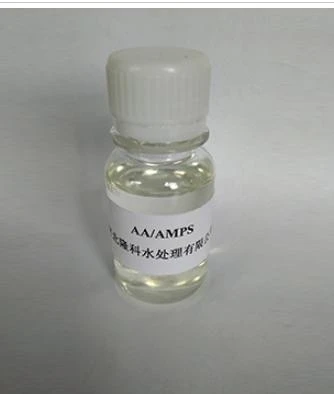 Understanding Polycarboxylic Acids: Properties, Applications, and Future PotentialPolycarboxylic acids are a versatile group of polymers widely used in water treatment, cleaning products, concrete admixtures, textiles, and even sustainable materials.Akhri wax dheeraad ah
Understanding Polycarboxylic Acids: Properties, Applications, and Future PotentialPolycarboxylic acids are a versatile group of polymers widely used in water treatment, cleaning products, concrete admixtures, textiles, and even sustainable materials.Akhri wax dheeraad ah -
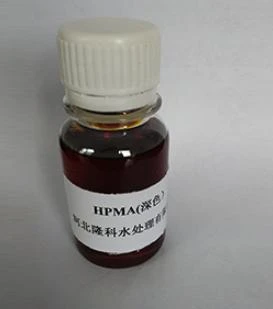 Scale Inhibitor Explained: How to Protect Your System from Limescale and Hard Water DamageIn water systems—from industrial boilers and cooling towers to household appliances—scale is a persistent enemy.Akhri wax dheeraad ah
Scale Inhibitor Explained: How to Protect Your System from Limescale and Hard Water DamageIn water systems—from industrial boilers and cooling towers to household appliances—scale is a persistent enemy.Akhri wax dheeraad ah -
 Scale and Corrosion Inhibitors: Essential Chemicals for Industrial Water System ProtectionIn industrial water systems—cooling towers, boilers, heat exchangers, pipelines, and RO systems—two silent threats can cause serious damage over time: scale formation and corrosion.Akhri wax dheeraad ah
Scale and Corrosion Inhibitors: Essential Chemicals for Industrial Water System ProtectionIn industrial water systems—cooling towers, boilers, heat exchangers, pipelines, and RO systems—two silent threats can cause serious damage over time: scale formation and corrosion.Akhri wax dheeraad ah -
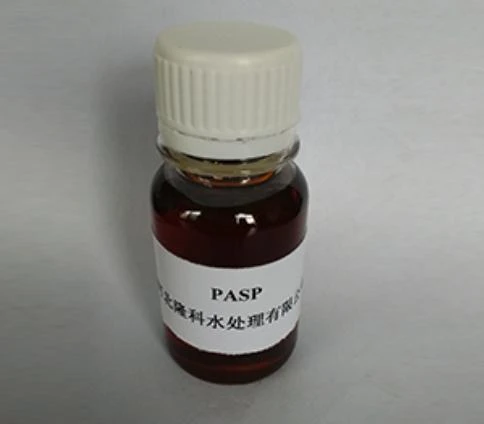 Polyaspartic Acid: A Biodegradable Polymer for Sustainable ChemistryAs industries move toward more sustainable materials, polyaspartic acid (PASP) is gaining traction across sectors—from water treatment and agriculture to coatings and biomedical applications.Akhri wax dheeraad ah
Polyaspartic Acid: A Biodegradable Polymer for Sustainable ChemistryAs industries move toward more sustainable materials, polyaspartic acid (PASP) is gaining traction across sectors—from water treatment and agriculture to coatings and biomedical applications.Akhri wax dheeraad ah






